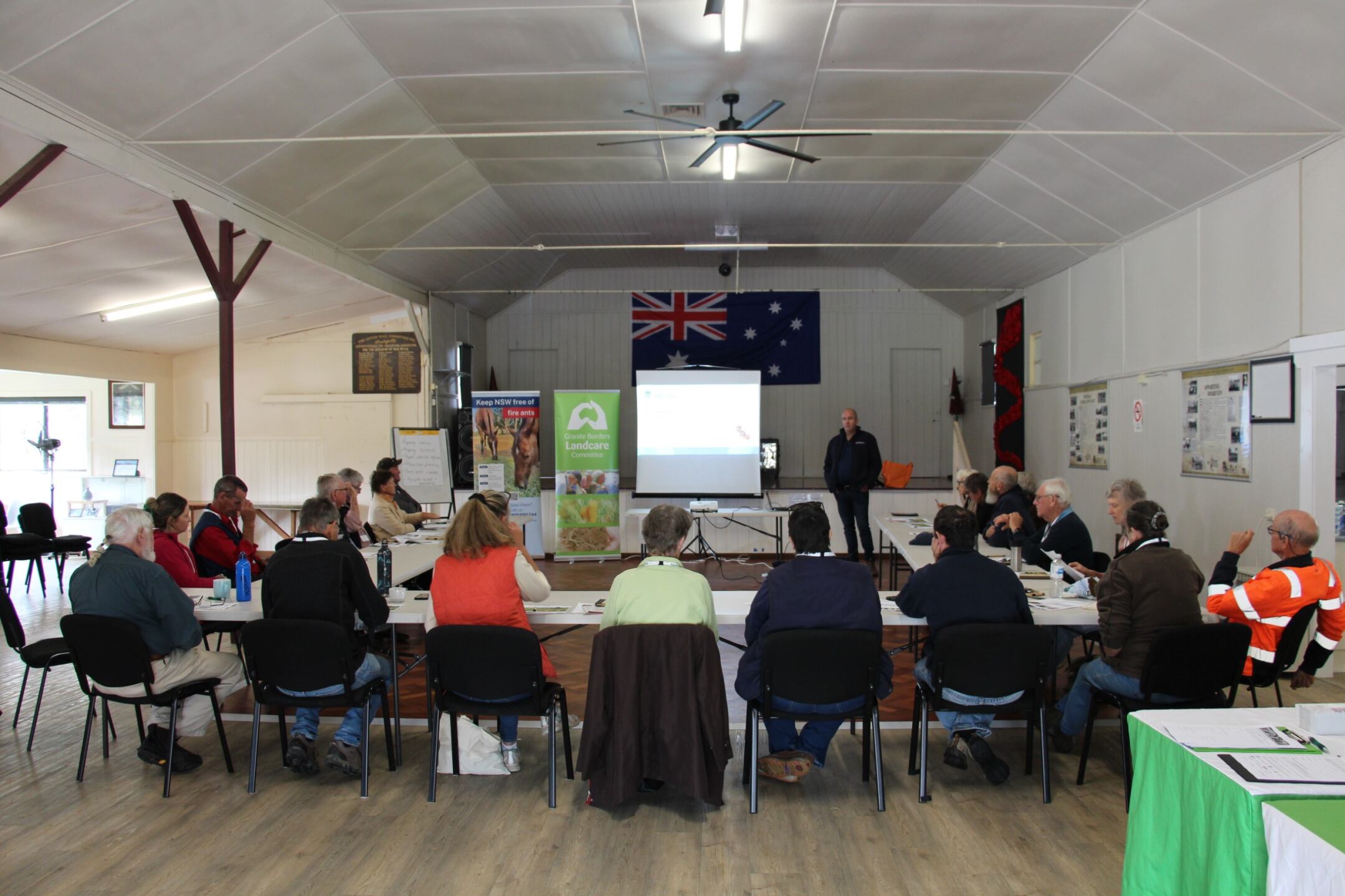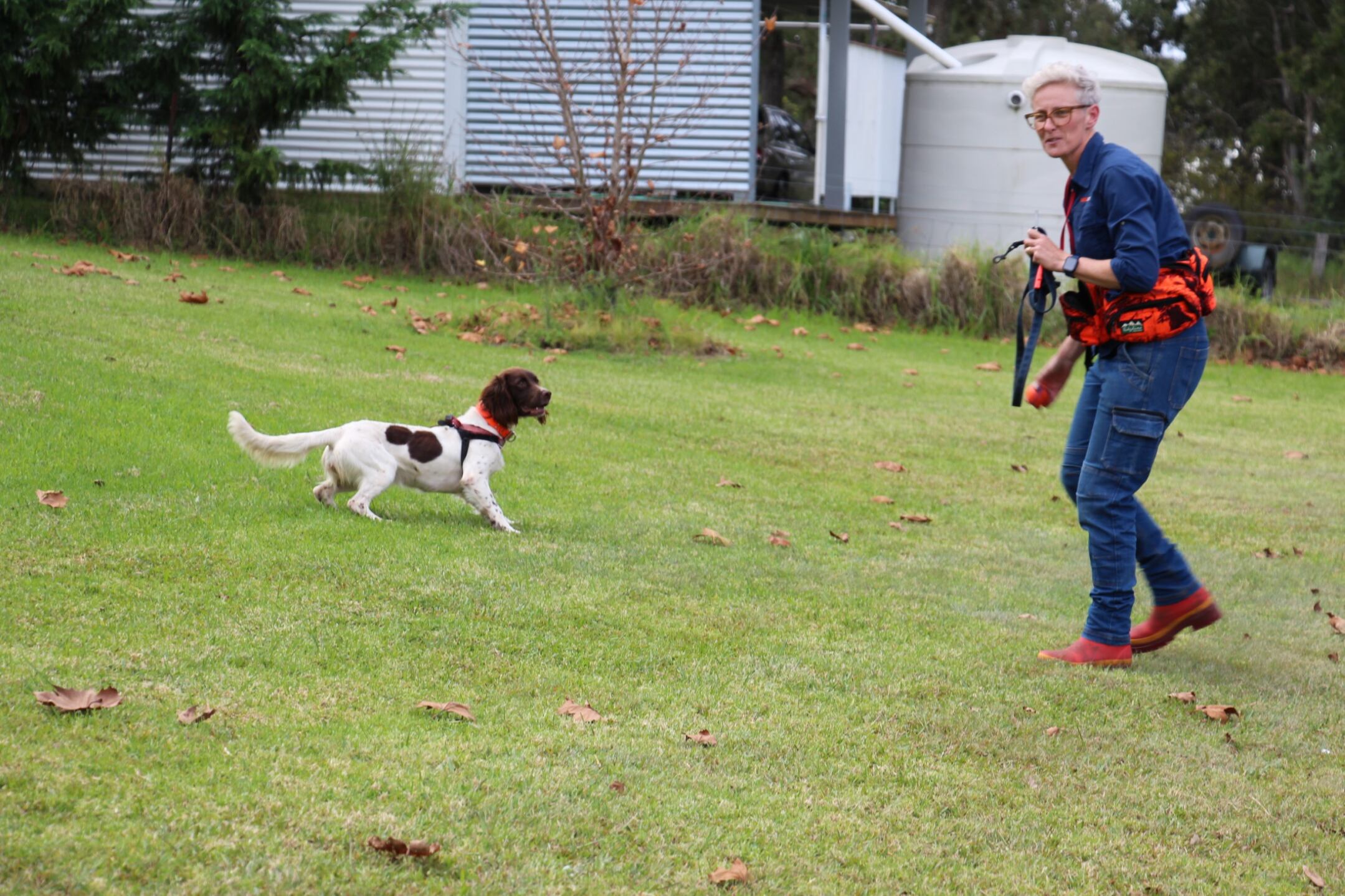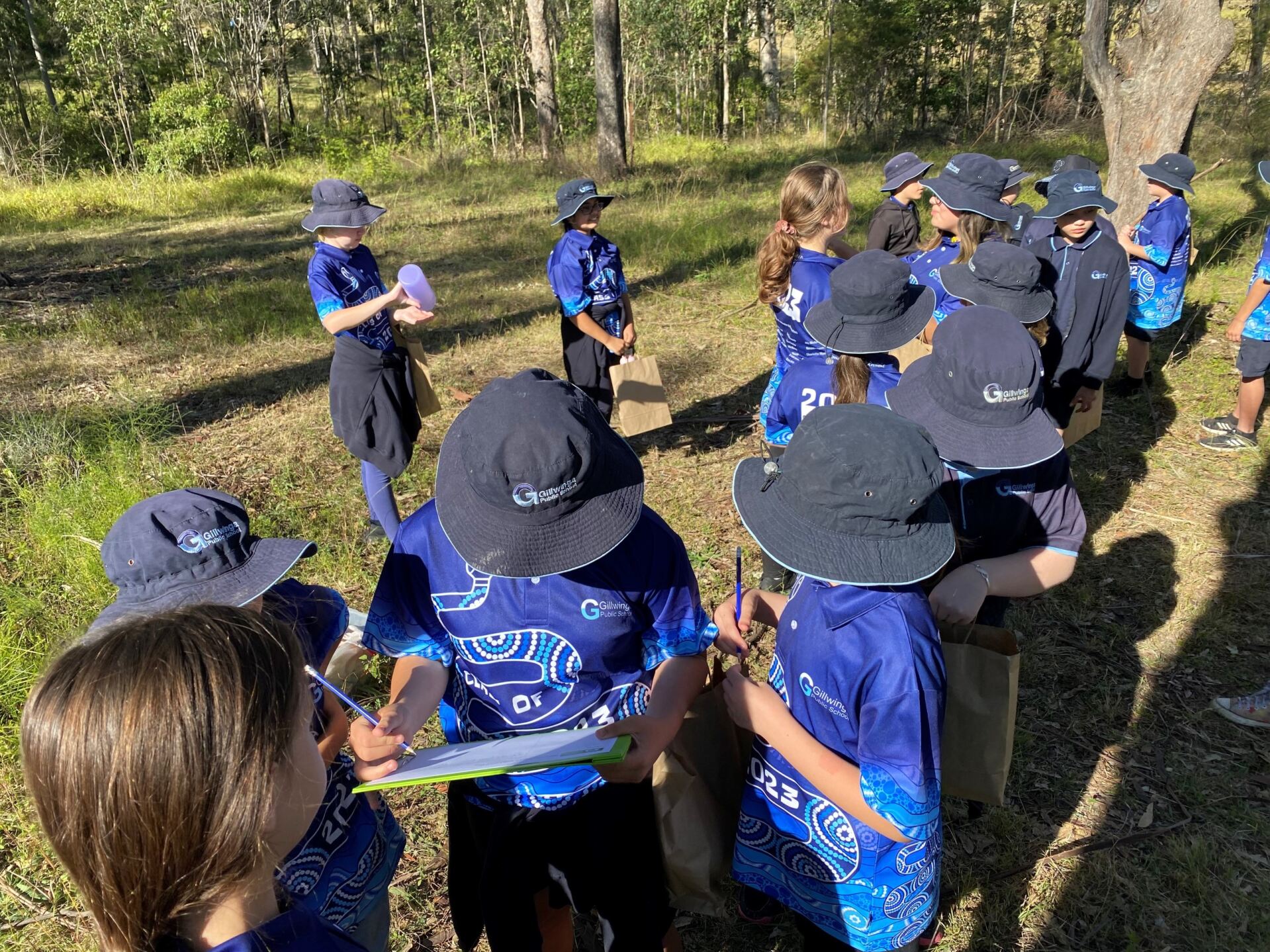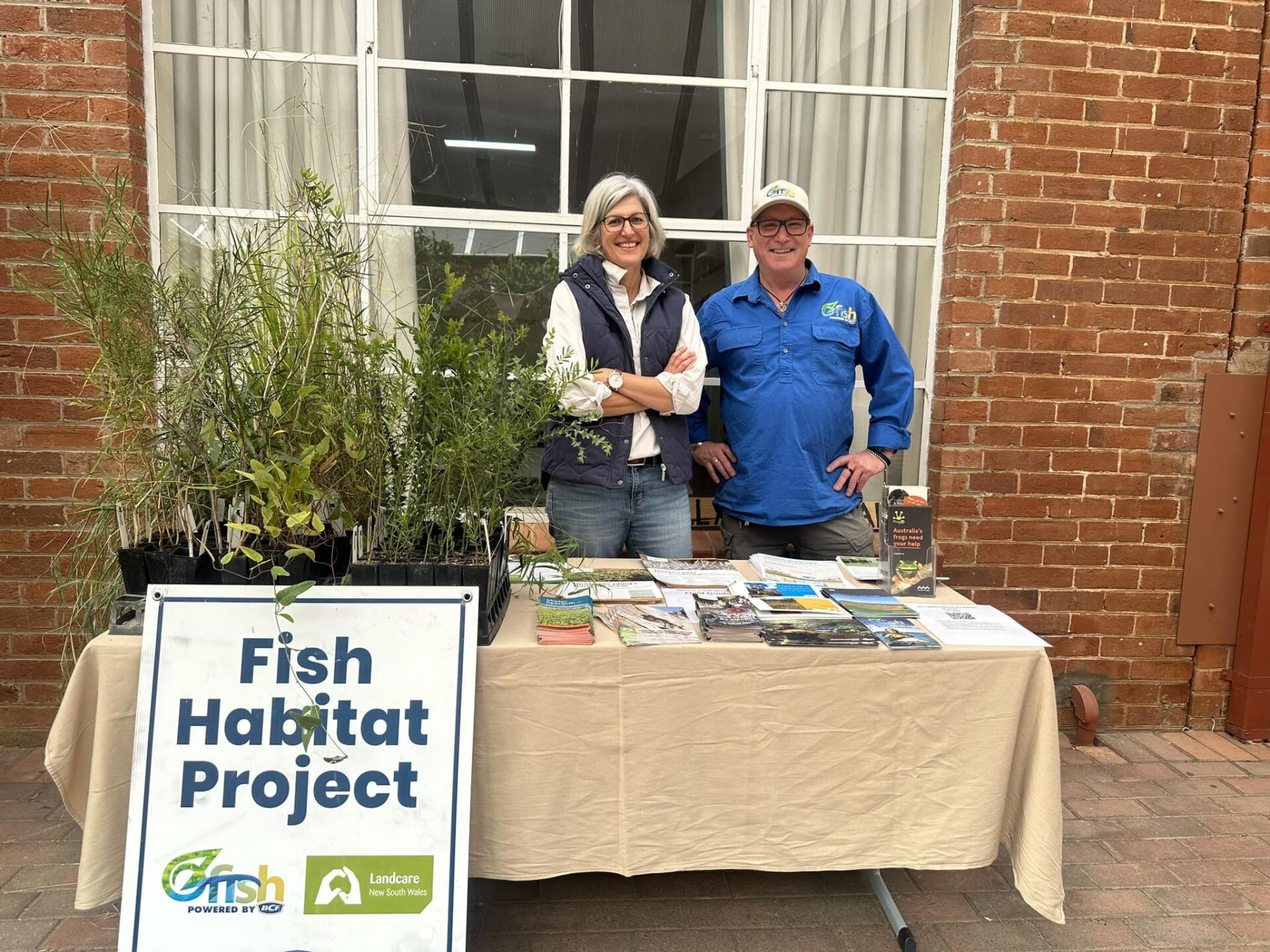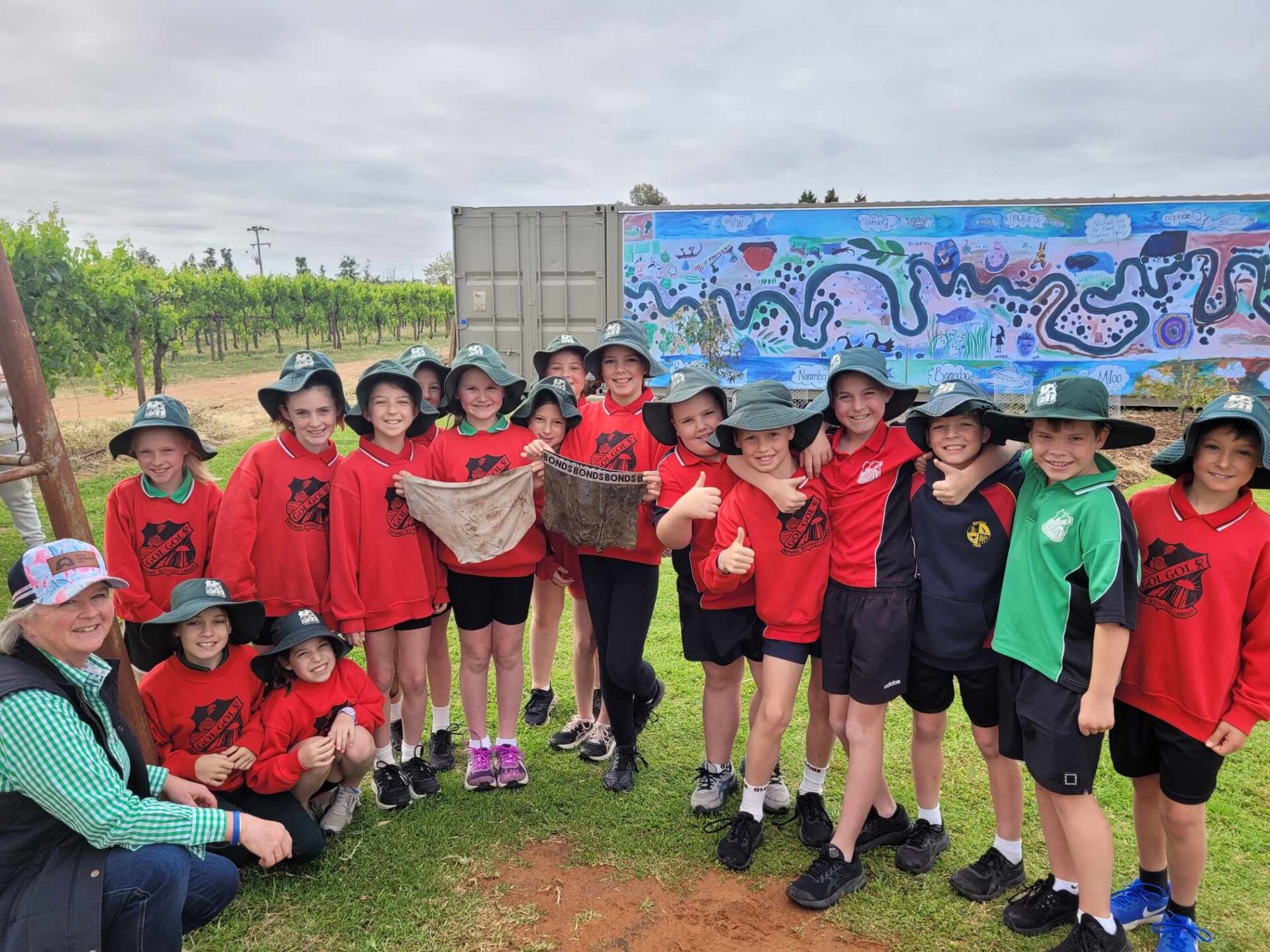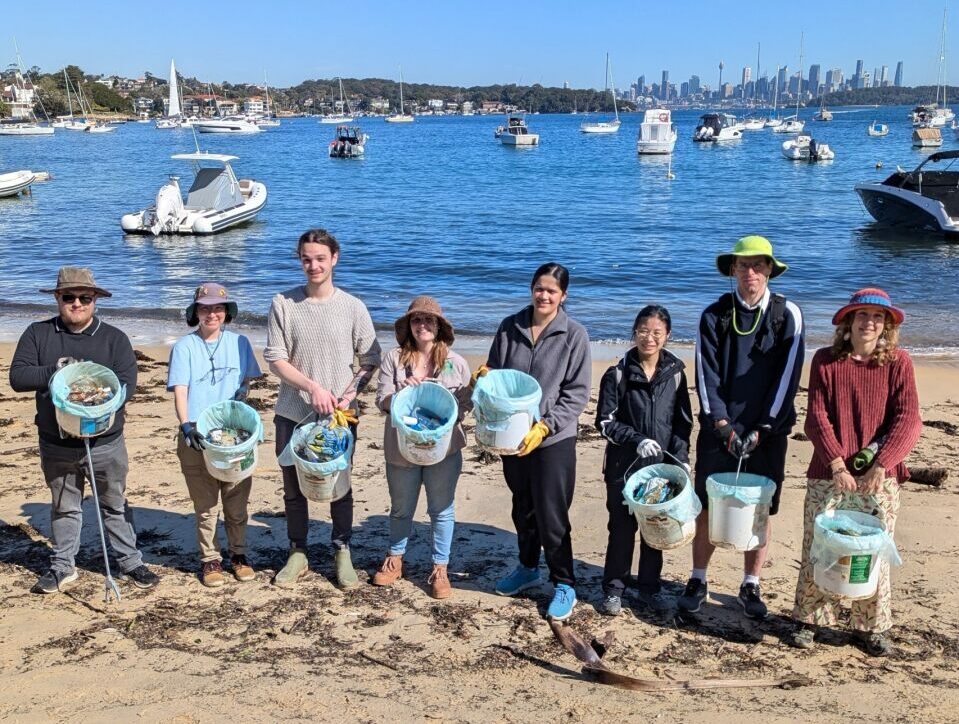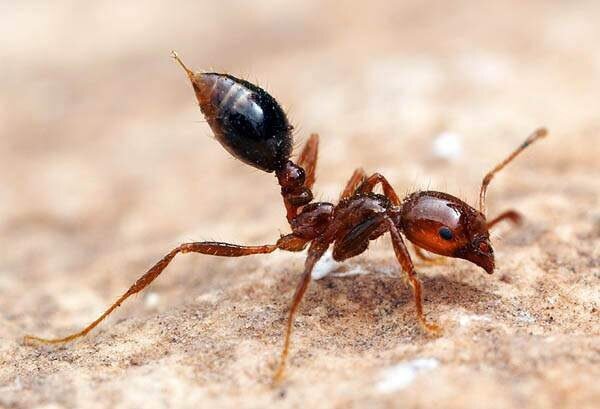
Fire Ant Workshop
Fire ant biosecurity property management planning for risk reduction.
The Issue
Fire ants (Solenopsis invicta) can quickly degrade the ecological, productive and lifestyle benefits of our landscape. Fire ants infest around 600,000 ha in South East Queensland, close to the New South Wales (NSW) boarder, which poses an ongoing risk of new infestations in NSW.
Until recently, most of NSW has been free of fire ants. Tenterfield faces a real threat, through the transportation and movement of carrier materials, such as plants and soil, earth-moving equipment, baled, mining or quarry materials. Under escalated emergency orders, all stakeholders are encouraged to become aware of the risks, vectors for spread and best steps to take in case to limit the infestation of fire ants.
The Solution
Granite Borders Landcare Committee have been highlighting the importance of vigilance in preventing fire ant spread into our region.
In this workshop, Ian Turnbull from the Department of Primary Industries National Fire Ant Eradication Program talked to locals on fire ant ecology, behaviour, history of spread in Australia, indicators of infestation and risks for spread. Matthew Bertalli, from the New England Weeds Authority (NEWA) also elaborated the Biosecurity Act.
With input from these and other experts, participants developed Biosecurity Management Plans for their properties and places of residence. The afternoon was wrapped up with a talk and demonstration from Craig and Wendy Faulkner (ReconEco) and their Canine Detection Unit.
The Impact
Participants developed property biosecurity management plans and took home Biosecurity signs, provided by Northern Tablelands Local Land Services. These plans focused on adapting biosecurity management actions to fire ants. They also offer points for conversation starters and raising awareness at a property level.
Learnings
The value of the workshop has been recognised by Tenterfield Shire Council, who have asked Landcare to host another such workshop in Tenterfield. The workshop resulted in positive feedback and networks being fostered with Landcare and government services, including Local Land Services and NSW Department of Primary Industries and Regional Development.
– Kathleen Macdonald, Local Coordinator, Granite Borders Landcare Committee
This initiative made possible by the NSW Landcare Enabling Program, a collaboration between Local Land Services and Landcare NSW supported by the NSW Government.
